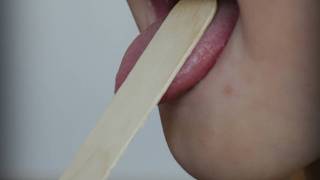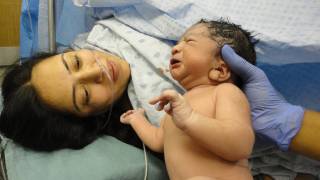Whooping Cough Vaccine Efficacy May Be Waning

The pertussis vaccine for ‘whooping cough’ is not as effective as it once was, and new research is suggesting the bacteria which causes the disease has mutated.
This means the current acellular pertussis (aP) vaccine formulations may no longer be a perfect match for the ‘shifted’ bacteria.
The Centers for Disease Control and Prevention (CDC) Pertussis Working Group reported on March 13, 2019, that such genetic changes may be ascribed to vaccine-driven, immune selection.
But, the CDC says aP vaccines remain effective.
The United States exclusively uses aP vaccines composed of inactivated Bordetella pertussis immunogenic proteins pertussis toxin (Pt), pertactin (Prn), and filamentous hemagglutinin (Fha), either with or without fimbria (Fim) types 2 and 3.
Genetic divergence of circulating B. pertussis away from vaccine reference strains has led to allelic mismatch and the rapid emergence of Prn deficiency.
The chromosome of B. pertussis also undergoes frequent structural rearrangement (6) that presents unique challenges to a thorough investigation of genetic contributions to disease resurgence, limiting assessment of public health strategies.
Until recently, genomic data with sufficient resolution to study sequence and structural variation were available only for vaccine and laboratory reference strains.
However, pathogen evolution must be explored through multi-omic characterization of circulating genotypes.
To address this gap, these researchers developed a dataset of complete, reference-quality genome sequence assemblies from isolates representing the geographic and temporal diversity of B. pertussis circulating in the United States during 2000–2013.
The most recent peak in pertussis cases was in 2012 when 48,277 cases were reported to the CDC.
This CDC research characterized 170 complete genome assemblies from clinical Bordetella pertussis isolates representing geographic and temporal diversity in the United States.
These data capture genotypic shifts, including increased pertactin deficiency, provides a new foundation for future research.
This study ’s results provide needed context to guide future investigations by highlighting representative, circulating genotypes as they continue their divergence from existing vaccine reference strains.
There are 2 vaccines in the United States that help prevent whooping cough: DTaP and Tdap. Children younger than 7 years old get DTaP, while older children, teens, and adults get Tdap.
These pertussis vaccines also provide protection against tetanus and diphtheria.
The CDC currently recommends a single dose of Tdap vaccine for adolescents and adults, and for pregnant women during every pregnancy.
The Tdap vaccine helps protect adolescents and adults and may prevent the spread of the infection to babies and young children who are still building immunity.
Recent pertussis vaccine news:
- Nasal Whooping-Cough Vaccine Launches Clinical Trial
- 1st Tdap Vaccine Approved for a 2nd Dose
- Hexavalent Vaccine Approved for Children Less Than 5 Years of Age
Most people who get a ‘whooping cough’ vaccine do not have any serious problems with it, says the CDC.
However, vaccine side effects can occur and should be reported to the CDC. Most side effects are mild, meaning they do not affect daily activities.
Our Trust Standards: Medical Advisory Committee

























